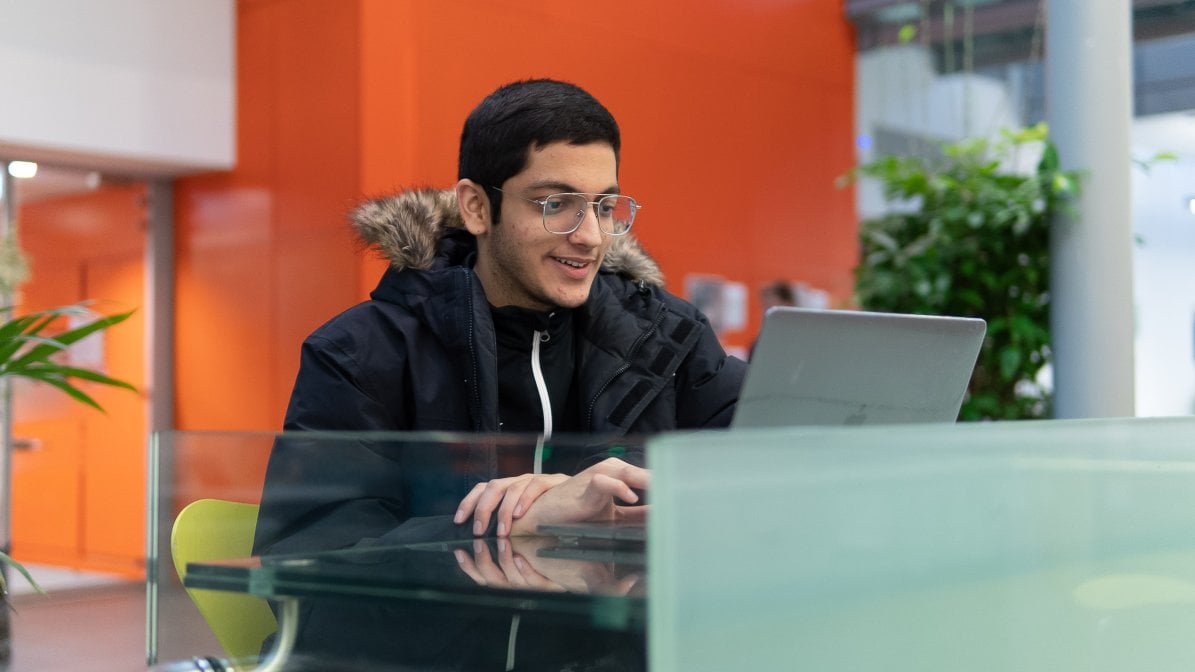How to open a UK bank account
As an international student one of the most important things you'll need to sort out is opening a UK bank account. This can sometimes be a lengthy and complicated process so here are the things you'll need to understand to get this off your to do list fast!
Why should I open a UK bank account?
You'll be issued with a debit card, which you can use instead of cash, and you can withdraw money 24/7 from ATM machines
You'll be able to set up direct debits, standing orders, telephone banking and internet banking
If you need help – for example, if you forget your PIN – it will be far easier to sort things out with a local bank
If you work part-time your employer will probably want to pay your wages into a UK bank account
A bank statement is commonly accepted as proof of address, which you often need in order to start a job

What are the major UK banks?
The biggest four UK banks are Barclays, Lloyds, HSBC and NatWest. Each one has its own strengths and weaknesses and you should make your choice based on what feels right for you. You should also consider smaller banks such as Santander, TSB or Al Rayan.
It's usually easier for international students to open accounts with big banks like Barclays, Lloyds, HSBC and NatWest. These banks are financially strong and are accustomed to working with overseas customers, so they'll have procedures in place to help you open an account faster.
Can I continue using the bank from my country?
Ask whether your current bank operates in the UK and whether you can open a UK bank account with them. They may have a partnership with a UK bank, so it's worth asking that as well.
Do UK banks offer accounts specifically for international students?
Yes, some banks do offer accounts especially designed for the needs of international students, but these normally come with a monthly operating fee. However, if you can wait until you arrive in the UK you can open a bank account aimed at students which normally come with perks such as discounts.
Can I receive money from home into my UK account?
Yes, you can but you need to be aware of a couple of things. It can take several days to get money into your account – and you'll be charged a fee at both ends of the transaction, which can often be much higher than using a money transfer service. So when you choose a bank account, find out what the charges are to send and receive money internationally.
What alternatives are there to banks?
If you don't wish to use a traditional bank while you're in the UK, you may wish to consider a banking service that allows you to have a pre-paid debit card – although they can come with a monthly charge.
- You can open the account in minutes before you arrive in the UK.
- You'll be issued with a contactless debit card within five days of your arrival in the UK. It'll be posted to you.
- The account is a simple current account that allows you to deposit money, use ATMs, and make purchases with the debit card you're issued.
How do I open a UK bank account?
Remember, the exact documents required may vary from bank to bank so look on their website or read anything you've been sent before you visit the branch to open the account.
However, you'll normally need the following paperwork and it's worth taking duplicate copies.
- Your passport.
- Your student visa.
- Proof of address. A letter from your university’s admissions office confirming your address or your tenancy agreement are the best things to take.
- A letter from your university/college/school called 'Letter of Introduction for UK Banking Facilities' to show your UK study details.
Do any UK banks observe Sharia law?
Many banks in the UK have recognised that some of their Muslim customers want to bank according to Sharia principles. Check your preferred bank's website to find out if they offer this service.

What can you do via online and telephone banking?
All UK banks allow you to set up telephone and online banking which will allow you to check your balance, print off bank statements, transfer money, set-up direct debits and standing orders, report your card lost or stolen, and get your questions answered.